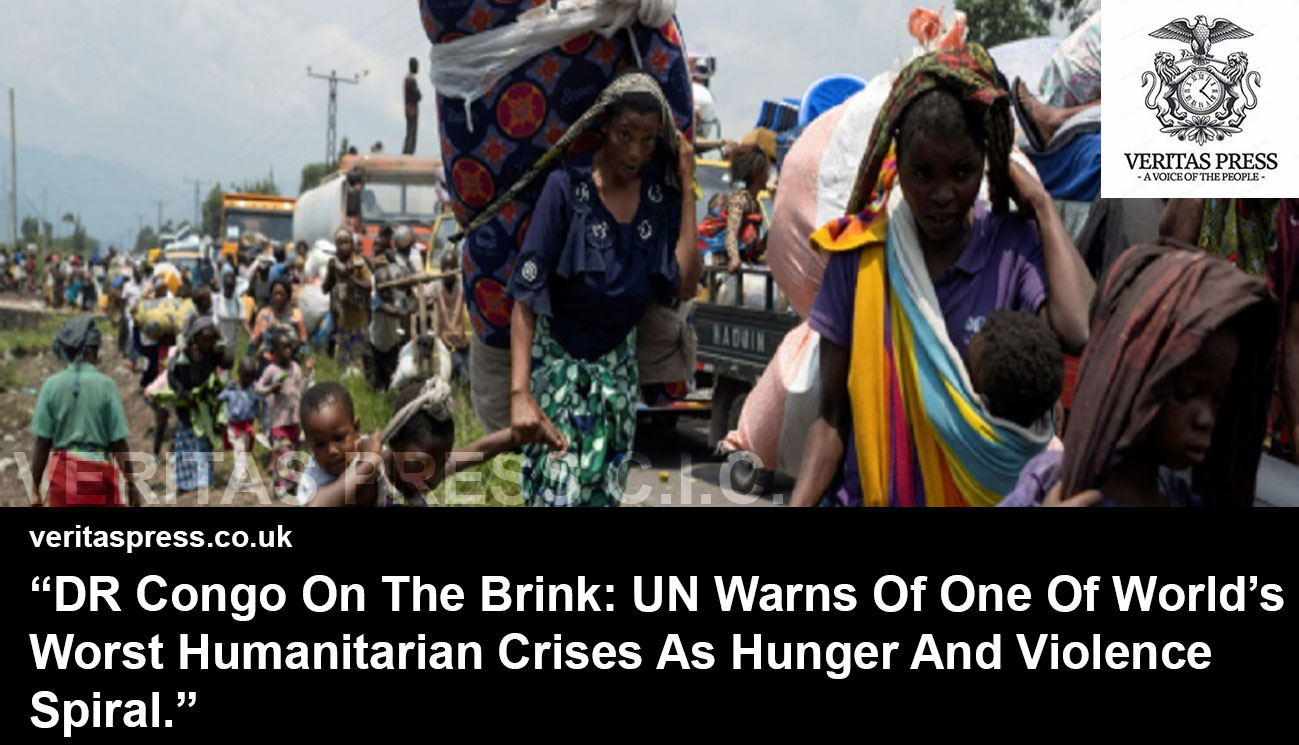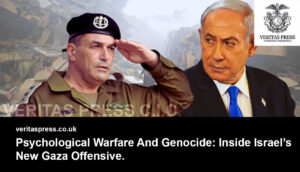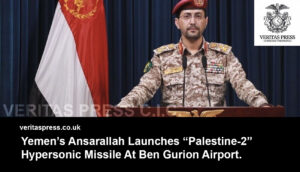Press Release: Veritas Press C.I.C. Author: Kamran Faqir Article Date Published: 23 Aug 2025 at 13:47 GMT Category: Africa | DRC | Humanitarian Crisis Source(s): Veritas Press C.I.C. | Multi News Agencies
A Nation In Crisis:
The Democratic Republic of the Congo (DRC) is confronting a catastrophe of historic proportions. The United Nations has sounded the alarm, describing the situation as “one of the most acute humanitarian emergencies in the world”, a grim label for a country scarred by decades of conflict, now facing soaring hunger and mass displacement.
28 million Congolese, over a quarter of the population, are suffering from acute food insecurity, according to the latest Integrated Food Security Phase Classification (IPC) report. Among them, 3.9 million are in emergency conditions (IPC Phase 4), teetering on the edge of famine.
At a UN Security Council briefing on Friday, Assistant Secretary-General for Africa Martha Ama Akyaa Pobee issued a stark warning:
“The Democratic Republic of the Congo is currently facing one of the most acute humanitarian emergencies in the world. Food insecurity is rising as families lose access to their fields and see their harvests confiscated.”
Displacement And Violence: The Human Cost Of War.
Conflict is at the heart of the crisis. The country’s eastern provinces, North Kivu, South Kivu, and Ituri, remain mired in relentless violence. Pobee reported 5.9 million people internally displaced, including one million in North Kivu and 1.5 million in South Kivu.
“Families are repeatedly uprooted, caught in a cycle of fear and constant displacement,” she told the Council. “This relentless instability not only erodes social cohesion but threatens any prospect for long-term peace and recovery.”
The displacement crisis is driven by the escalation of attacks from armed groups such as M23, the Allied Democratic Forces (ADF), CODECO, and the FDLR. These groups have been implicated in mass killings, forced recruitment of children, and widespread sexual violence.
The UN Human Rights Office reported that M23 rebels massacred at least 319 civilians in four villages in North Kivu in July, one of the worst atrocities in recent memory. Rwanda, accused of backing M23 militarily and financially, has denied involvement, calling the allegations “baseless.”
Meanwhile, ADF militants, an ISIS-linked insurgency, remain a major threat in Ituri and Beni territories. Since July, 185 civilians, including children, have been killed by ADF attacks, and hundreds have been kidnapped.
The Hunger Emergency: 28 Million At Risk:
The scale of the hunger crisis is staggering. The FAO and WFP report that 28 million people are now acutely food insecure, an increase of 2.5 million since renewed fighting in December.
Internally displaced families bear the heaviest burden: 2 million displaced people face acute hunger, with 738,000 in emergency levels (IPC Phase 4).
“The humanitarian situation in the DRC is deteriorating at an alarming rate. Families who were already struggling to feed themselves are now facing an even harsher reality,” said Eric Perdison, WFP’s Acting Country Director in DRC.
In conflict zones, armed groups routinely loot harvests and livestock, cutting families off from their livelihoods. Trade routes remain blocked, and humanitarian convoys face ambushes.
On top of violence, economic collapse is driving the crisis. The Congolese franc has plummeted, banks have shuttered, and inflation has sent prices for staple foods skyrocketing. The cost of maize flour, cassava, and palm oil is up 37% since late 2024.
Aid Under Attack, Funds Running Dry:
Aid operations face unprecedented challenges. Security threats have forced the suspension of some relief missions, while others operate under constant risk of ambush.
So far this year, WFP has reached 464,000 people with food and nutrition support, including 237,000 in Bunia, while FAO is distributing emergency seeds and farming tools to restore livelihoods.
But the gap between needs and resources is widening. The WFP requires $399 million over the next six months to sustain operations and avert famine-like conditions.
“The current situation is dire for the population, as harvests are lost, food prices soar, and millions of people face acute food insecurity,” warned Athman Mravili, FAO’s interim representative. “We need urgent resources to prevent a full-scale catastrophe.”
International And Regional Politics: Rwanda-DRC Tensions Explode.
The resurgence of M23 has reignited regional tensions between Kinshasa and Kigali. The DRC government accuses Rwanda of arming and funding the rebels in a bid to control mineral-rich territories, allegations Rwanda flatly denies.
The UN and US intelligence reports, however, suggest evidence of Rwandan support for M23, a charge that has strained diplomatic ties and prompted a wave of anti-Rwandan protests in Kinshasa.
Efforts to mediate, such as the Nairobi Process and Luanda Accords, have failed to deliver tangible results. Although US- and Qatar-facilitated talks in June and July brought commitments on paper, Pobee warned that the reality on the ground tells a different story:
“The evolution of the security situation on the ground has not matched the progress achieved on the diplomatic front.”
UN Peacekeeping And The Road Ahead:
The UN’s flagship peacekeeping mission in DRC, MONUSCO, faces mounting criticism. With a $1 billion annual budget and nearly 15,000 personnel, the mission has struggled to protect civilians or neutralise armed groups.
President Félix Tshisekedi has repeatedly called for MONUSCO’s withdrawal, arguing that the mission has outlived its usefulness. The drawdown has already begun, raising fears of a security vacuum that could embolden militias and deepen instability.
The Stakes: Preventing Regional Collapse.
The crisis in eastern DRC is more than a national tragedy; it threatens to destabilise the entire Great Lakes region. Armed group financing through illicit mineral trade, cross-border incursions, and refugee flows risk pulling Rwanda, Uganda, and Burundi deeper into the conflict.
“They must place at the centre of their concerns the well-being of the millions of men, women, and children who continue to bear the brunt of the ongoing crisis,” Pobee urged the Security Council.
Without a decisive international response, funding for aid, pressure on armed groups, and real political engagement, the DRC could slide into a full-scale humanitarian catastrophe with regional repercussions.
Tags:




























Leave a Reply